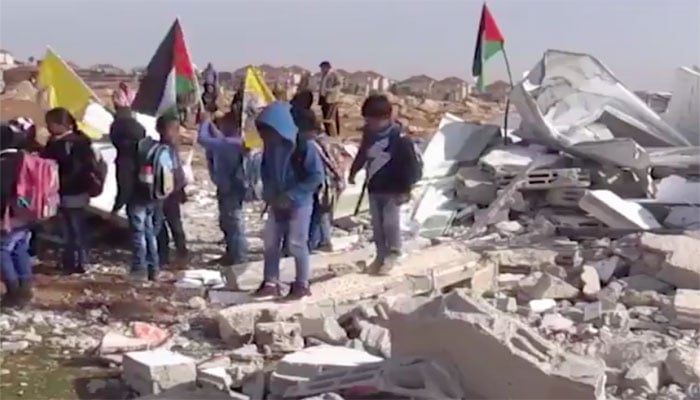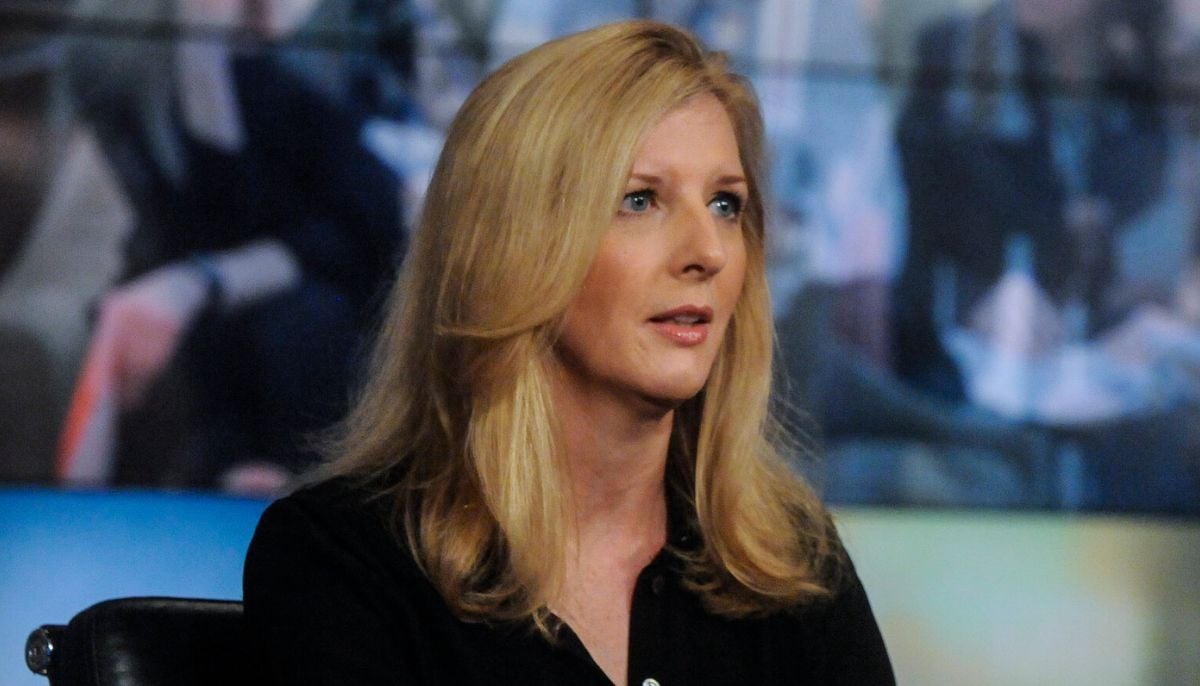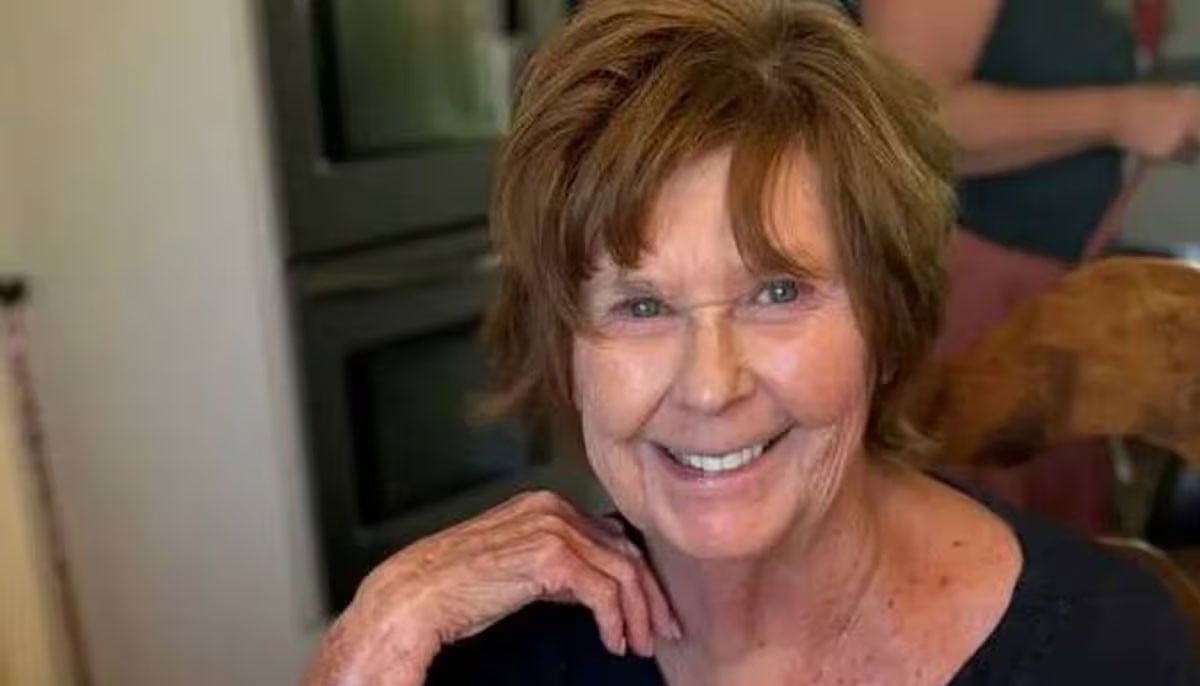KHAN AL-AHMAR, Palestinian Territories: Under the sun´s harsh glare, dozens of students sing the Palestinian national anthem -- beginning a new school year early as part of efforts to keep their village from being demolished.
The students of Khan al-Ahmar went back to their village school in the occupied West Bank on Monday, while Israeli authorities seek to evict them.
"We are starting the school year earlier because the Israelis want to destroy the school," said Amani Ali, 11.
"So when they come to demolish it, we will be here."
Israel says the Bedouin village, located in a strategic spot east of Jerusalem near Israeli settlements and on the road to the Dead Sea, was constructed illegally and is seeking to move its 191 residents elsewhere.
The residents of the village point out that it is nearly impossible for Palestinians to obtain building permits from Israeli authorities in around 60 percent of the West Bank where they maintain full control.
On May 24, Israel´s supreme court allowed authorities to go ahead with demolition of the small hillside village that sits between a highway, the desert and two Israeli settlements.
Since then, two new court challenges have been filed on behalf of the village, temporarily suspending demolition plans, and the court plans to hold another hearing by August 15 at the latest, activists say.
European countries have rallied to support the villagers, calling for demolition plans to be cancelled.
"The fact that the students are at the school can prevent the decision from being carried out because they are going to see that there are classes, life, people," said Ghadir Darsya, who has taught in Khan al-Ahmar for three years.
"No one knows what´s going to happen," she added, while sorting books with her colleagues amid the sound of children´s voices from an adjacent playground.
The school was constructed in 2009 with the support of NGOs and the European Union. Largely built with tyres, sand and mud, it serves 170 students from various Bedouin villages, according to the principal.
"There are about 50 families with many children. Where are they going to go?" said Darsya.
The rest of the village is made up of homes of metal sheets, cardboard and wood, as is common in such Bedouin communities.
-
Manhunt continues for suspect who killed 2 at South Carolina State University
-
Trump considers scaling back trade levies on steel, aluminium in response to rising costs
-
Trump revokes legal basis for US climate regulation, curb vehicle emission standards
-
DOJ blocks Trump administration from cutting $600M in public health funds
-
Scientists find strange solar system that breaks planet formation rules
-
Woman calls press ‘vultures’ outside Nancy Guthrie’s home after tense standoff
-
Casey Wasserman to remain LA Olympics chair despite Ghislaine Maxwell ties
-
Gigi Hadid feels 'humiliated' after Zayn Malik's 'pathetic' comment: Source













